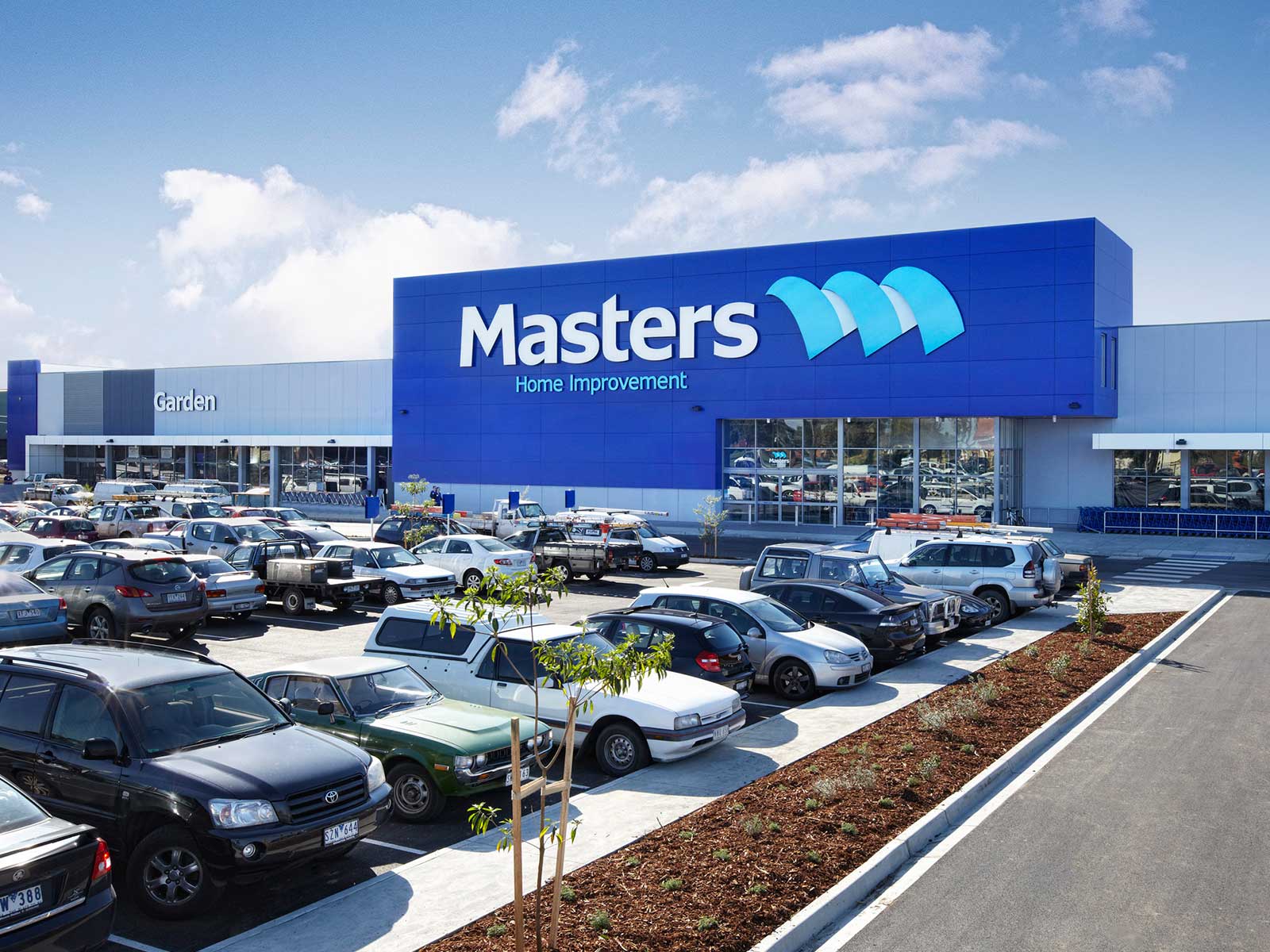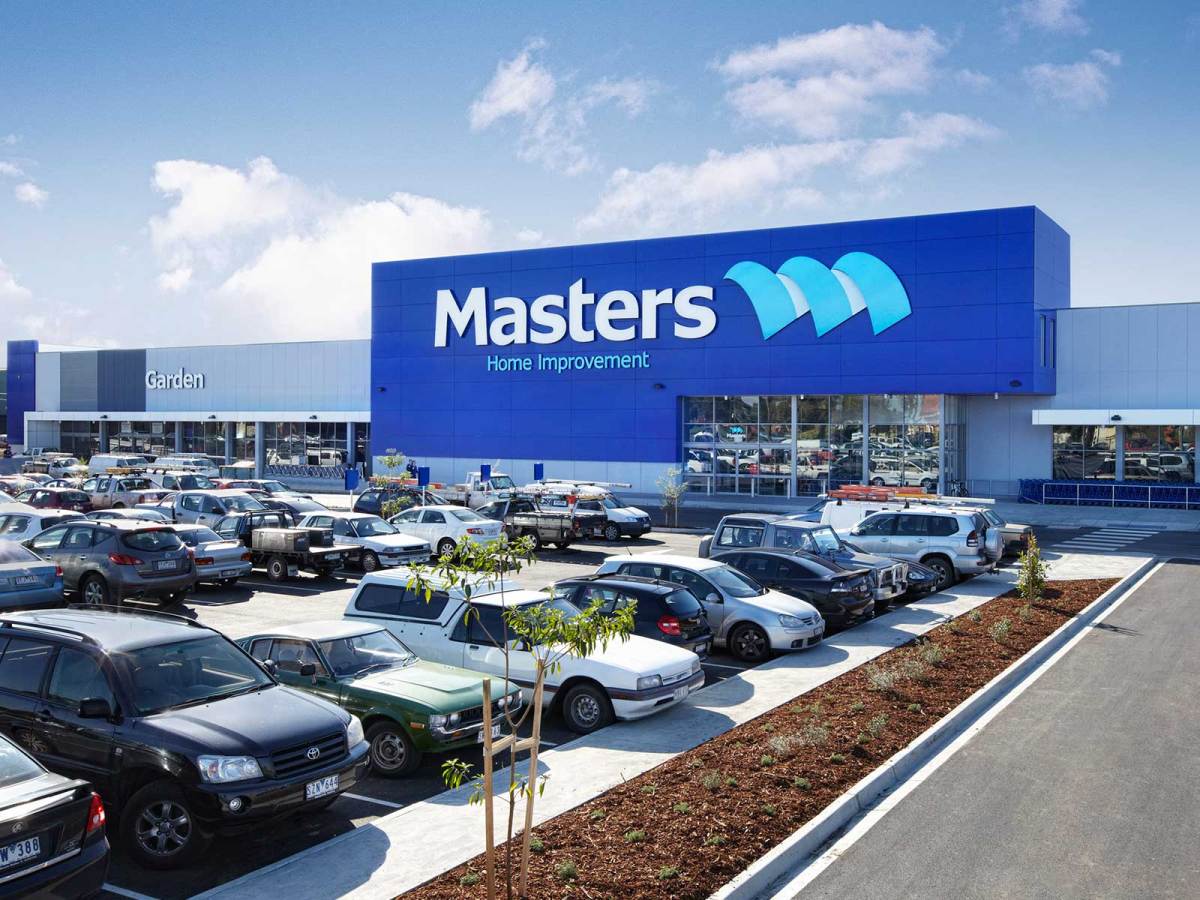Historically, Appliance Retailer hasn’t reported in-depth on the hardware industry, but its players are now directly competing with this industry via a deep appliance footprint. So, it’s likely that influential industry eyeballs are watching as Woolworths considers calls to close the loss-making Masters chain.
The latest cry for Masters closure comes from Deutsche Bank which has stated that profits would rise 5% and the retailer could generate $161 million in cash by closing the hardware business.
Deutsche analyst Michael Simotas maintains that Woolworths, which has invested $2.2 billion into its home-improvement joint venture with US retailer Lowe’s since 2009, would have to book $1.6 billion in non-cash asset write-downs if the board bowed to shareholder pressure and agreed to close or wind up Masters.
However, winding up Masters would realise net cash of $241 million – $161 million for Woolworths and $80 million for Lowe’s, according to new intel by Deutsche.

Simotas has told the media that the joint-venture partners could raise as much as $1.24 billion by selling Masters stores and undeveloped sites and liquidating inventories. However, it would cost Woolworths and Lowes $1 billion to exit leases and pay redundancies, trade and other payables.
“If the format was shut, these losses would no longer be incurred,” Simotas said.
In July, Morgan Stanley analyst Tom Kierath estimated that Woolworths could realise $600 million to $1 billion after exiting leases, selling stores and inventory, paying out redundancies and buying Lowe’s stake for $502 million.
However, Citigroup analyst Craig Woolford said in April that Woolworths faced a net loss of $300 million to $900 million if it pulled the plug. It would cost Woolworths $1.6 billion to exit leases, clear inventory and buy Lowe’s one-third stake, but Woolworths could recoup up to $970 million from selling the properties and inventory.
Simotas added that, if Masters were wound up, the fair market value would be zero on a going-concern basis, and Lowe’s would receive a third of the value recovered through the liquidation process.
“Woolworths’ venture into the hardware sector has, arguably, been a classic case of easier said than done,” Simotas said.
Masters has struggled to win customers away from market leader Bunnings, which has been gaining market share, and Masters sales per store are not high enough to cover relatively high in-store costs and its expensive supply chain.

